Professional excavation services that keep your project on schedule and on budget in Ballston Center.
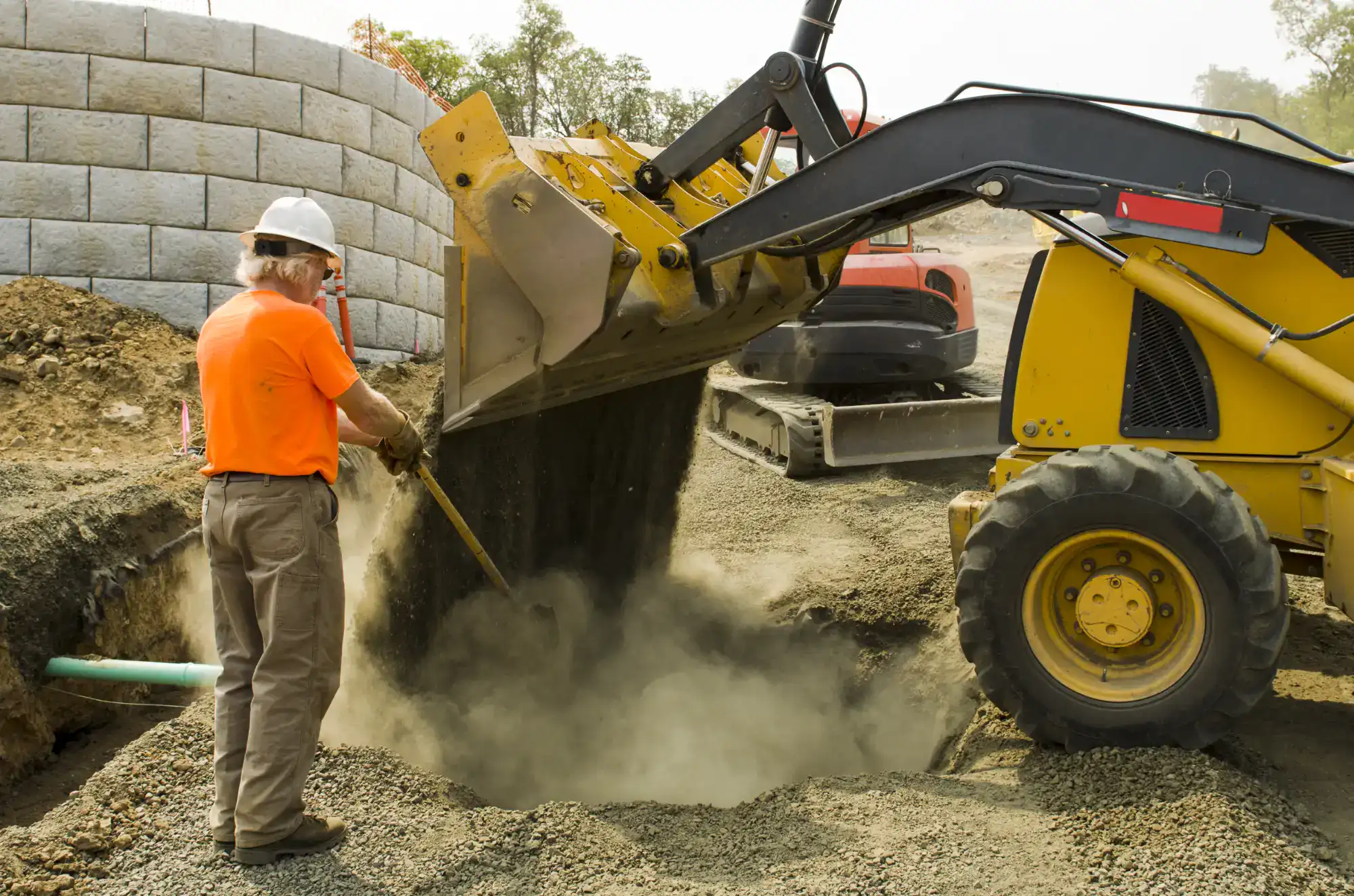
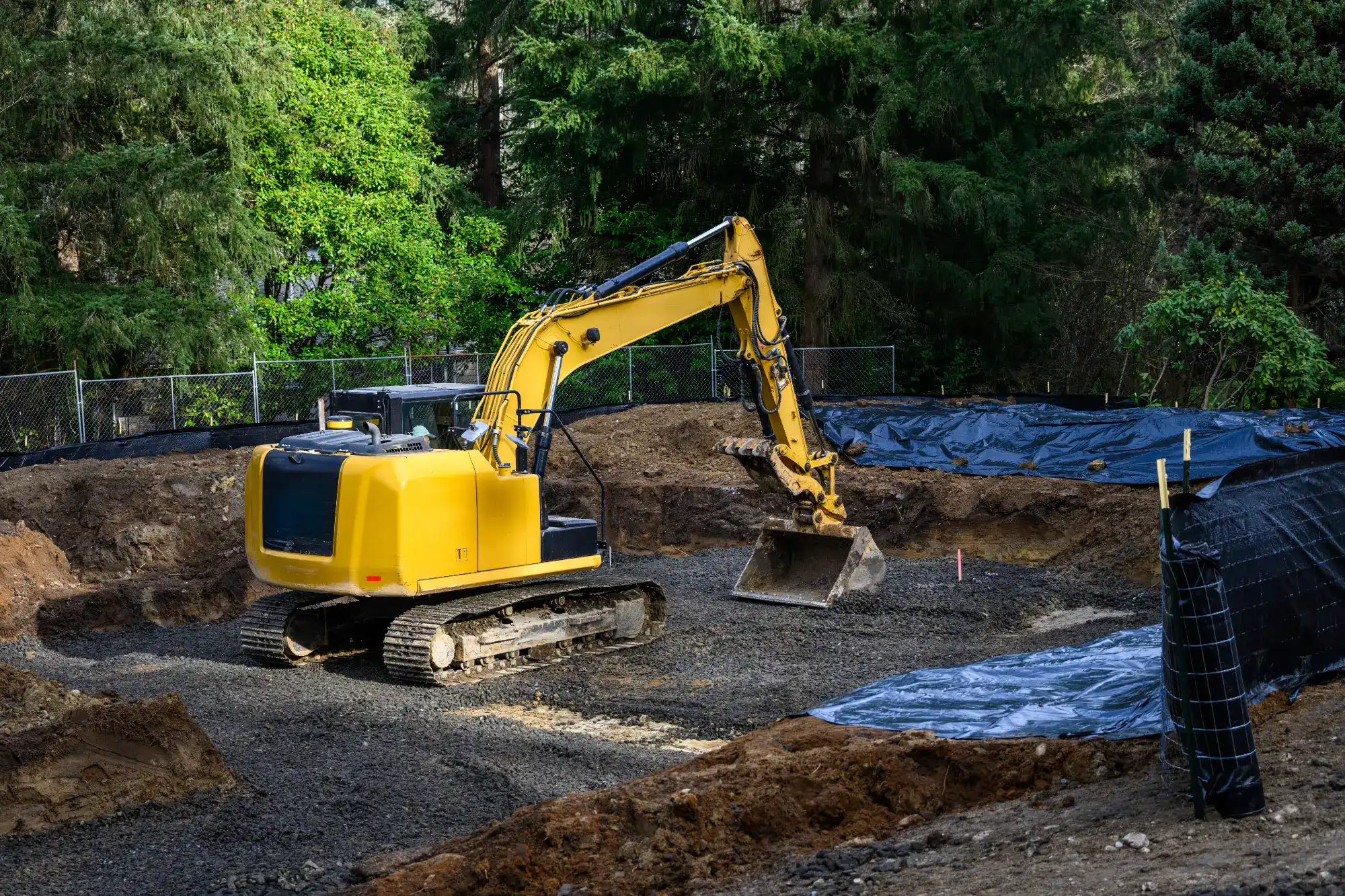
Your project starts with solid groundwork. When excavation is done right, everything else falls into place smoothly.
You get precise grading that prevents water problems down the road. Your foundation sits on properly compacted soil that won’t shift or settle. Utilities run exactly where they need to go without costly repositioning later.
The difference shows up in fewer headaches, fewer change orders, and a project that actually finishes when it’s supposed to. You’re not dealing with soggy basements, cracked foundations, or contractors pointing fingers about who messed up the site prep.
We’ve been moving dirt in Saratoga County for years. We know the soil conditions around Ballston Center, the local permit requirements, and which inspectors prefer what documentation.
Our equipment stays maintained and ready. Our operators know the difference between clay that needs special handling and soil that excavates clean. We’re not learning on your dime.
When you call, you’re working with people who’ve seen the problems that come from rushed site prep and poor drainage planning. We handle it right the first time.
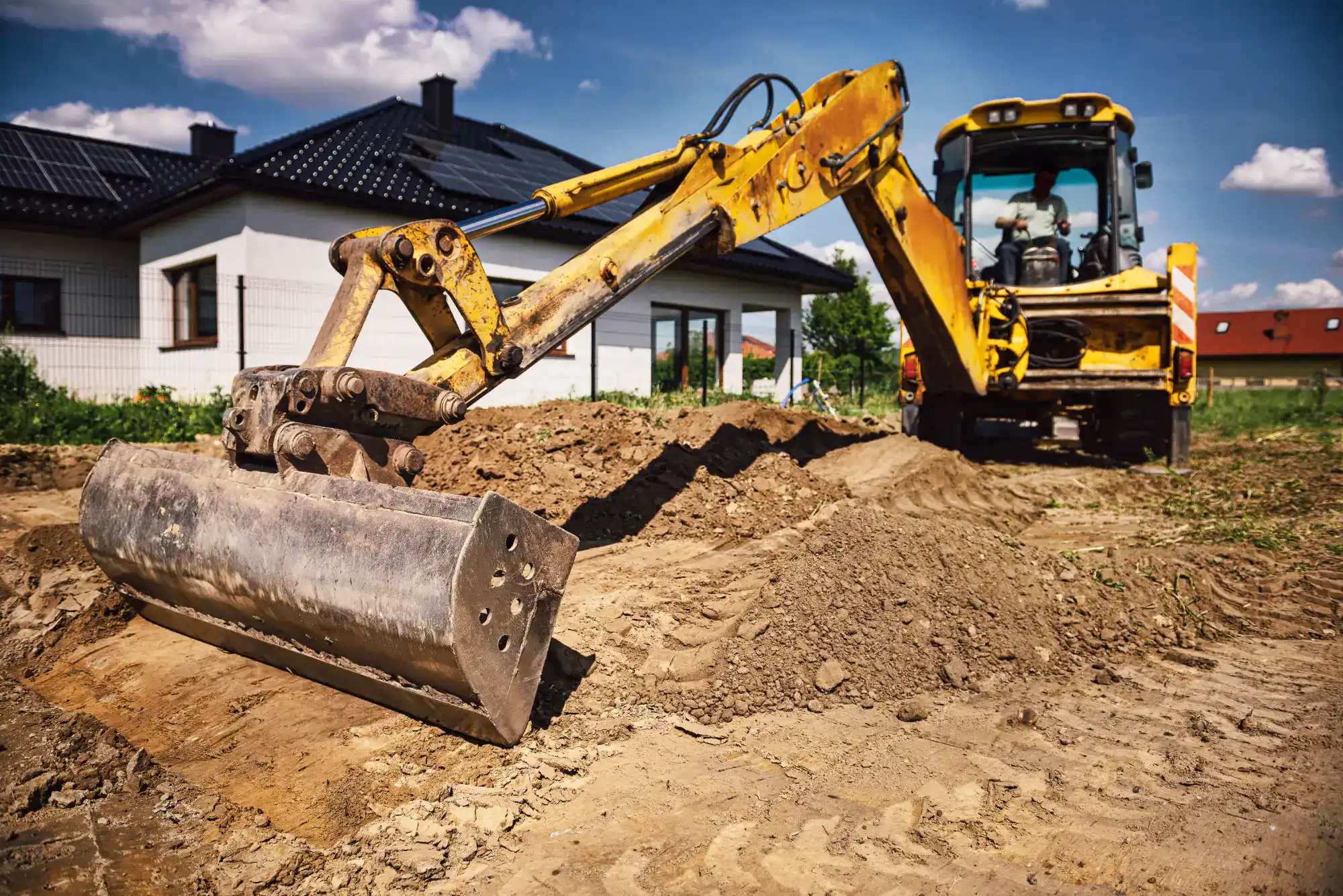
First, we walk your site and discuss exactly what you need. No guesswork about access, utilities, or soil conditions. We identify potential issues before they become expensive problems.
Next, we handle permits and utility markouts. You don’t need to chase down paperwork or worry about hitting a gas line. We coordinate with local authorities and utility companies to keep everything legal and safe.
Then we bring in the right equipment for your specific job. Foundation excavation needs different tools than septic installation. We match the machinery to the work, not the other way around. Clean excavation, proper grading, and final cleanup that leaves your site ready for the next phase.
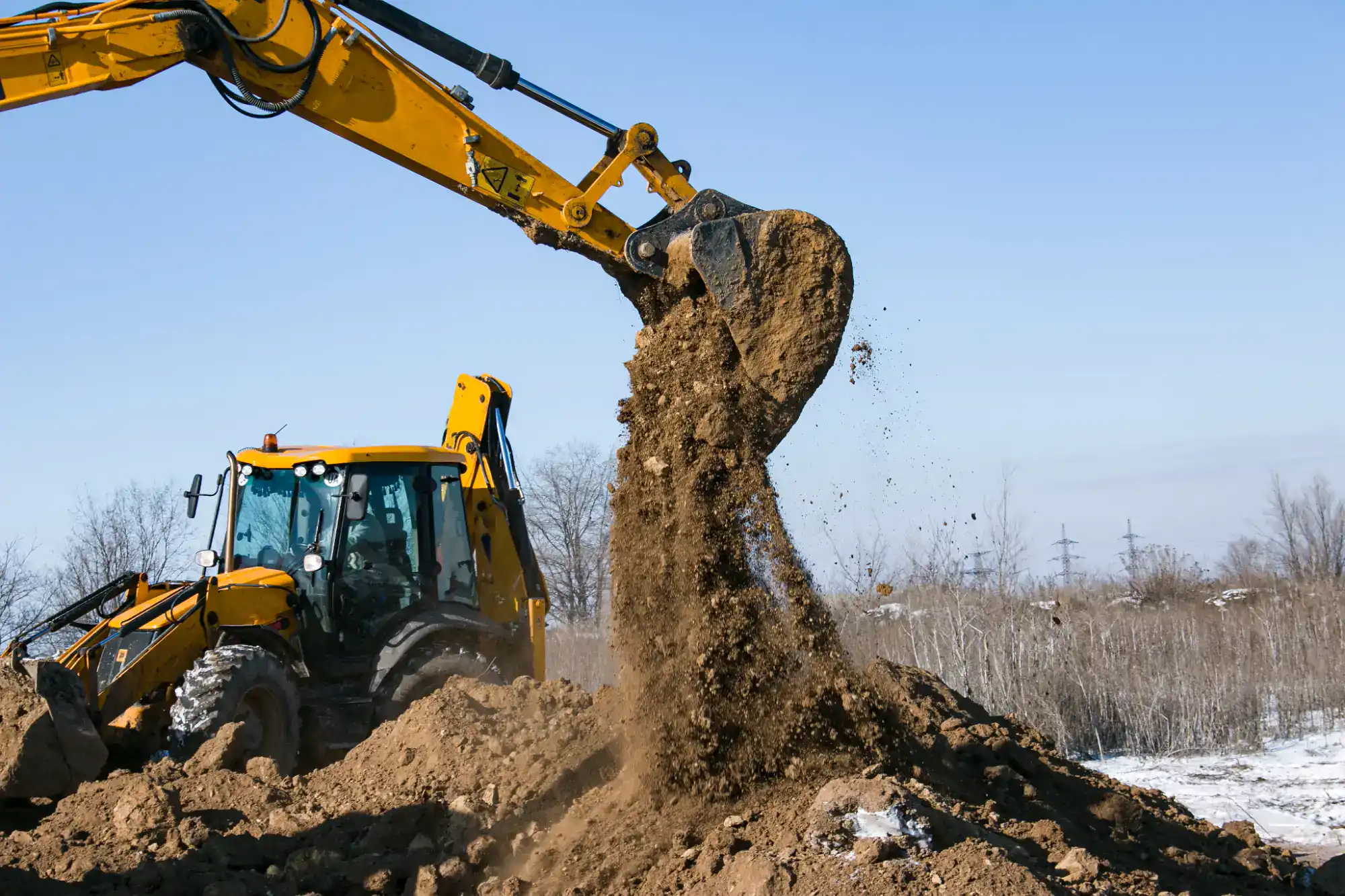
Ready to get started?
You get complete site preparation from initial clearing through final grading. Foundation excavation that meets spec and passes inspection. Septic system installation that handles capacity requirements and perc test results properly.
We handle utility trenching for water, sewer, and electrical runs. Land clearing that removes stumps and roots completely, not just what shows on the surface. Drainage solutions that actually work when the spring thaw hits.
Every job includes proper compaction, grade verification, and cleanup. You’re not left with a mess or wondering if the work meets code. In Ballston Center’s clay-heavy soils, proper technique makes the difference between a solid foundation and future settlement issues.
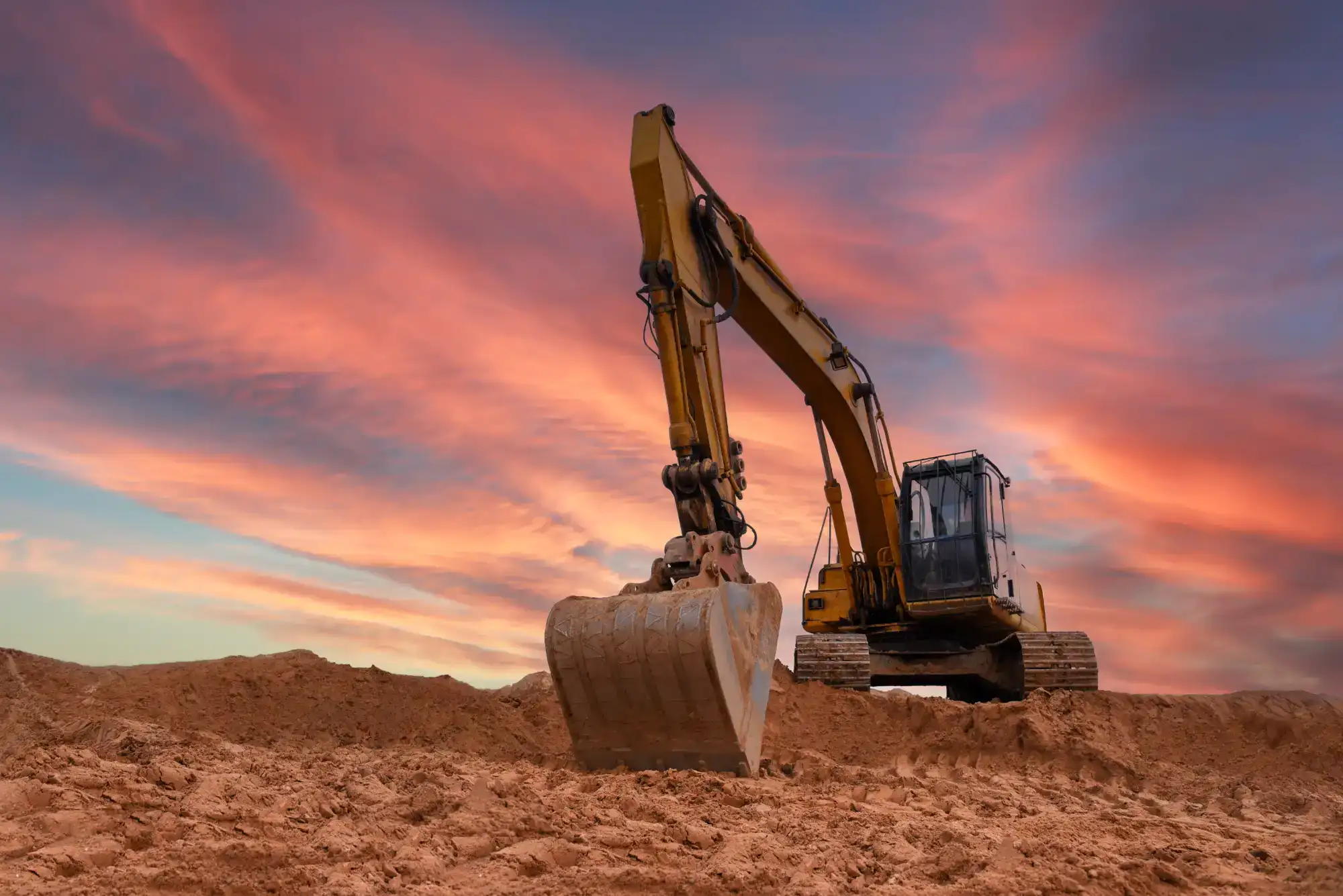
Other Services we provide in Ballston Center